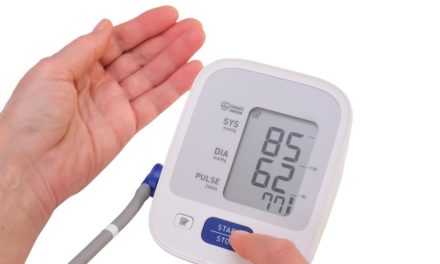Unveiling the hidden secret: managing sugar levels for optimal health” suggests that there is a lesser-known or less-discussed aspect of managing blood sugar levels that can greatly contribute to achieving optimal health. Let’s dive into the details:
1. Understanding Glycemic Control:
The secret lies in mastering glycemic control – the ability to regulate the amount and rate of glucose entering the bloodstream after consuming food. This involves focusing not just on avoiding sugary foods but also understanding the glycemic index (GI) of various foods. Low-GI foods release glucose slowly, preventing rapid spikes in blood sugar levels.
2. Fiber-Rich Diet:
A key secret is consuming a diet high in dietary fiber. Fiber slows down digestion and the absorption of sugar, helping to maintain steady blood sugar levels. Incorporate whole grains, legumes, fruits, and vegetables into your diet.
3. Balanced Macronutrients:
Combining carbohydrates with lean proteins and healthy fats can further slow down the absorption of glucose and promote stable blood sugar levels.
4. Spices and Herbs:
Certain spices like cinnamon, turmeric, and fenugreek have been shown to have potential benefits in improving insulin sensitivity and reducing blood sugar levels.
5. Hydration:
Staying hydrated supports kidney function, which plays a role in blood sugar regulation. Drinking more water can help control appetite and prevent overeating.
6. Sleep Quality:
Sleep deprivation can disrupt insulin sensitivity and glucose metabolism, leading to higher blood sugar levels. Prioritize getting enough restful sleep each night.
7. Regular Physical Activity:
Exercise helps muscles take up glucose from the bloodstream for energy, reducing blood sugar levels. Both aerobic exercise and strength training contribute to better glycemic control.
8. Mindful Eating:
Pay attention to portion sizes and eating habits. Mindful eating can prevent overeating and promote healthier food choices.
9. Stress Management:
Chronic stress triggers the release of hormones that can raise blood sugar levels. Incorporate stress-relief techniques to maintain balanced glucose levels.
10. Regular Monitoring:
Keep track of your blood sugar levels through self-monitoring or healthcare provider check-ups, especially if you have diabetes or are at risk.
11. Medication Adherence:
For those with diabetes, if medication is prescribed, adhere to the recommended schedule and dosage to effectively manage blood sugar levels.
12. Personalized Approach:
Each individual’s response to different foods and lifestyle changes may vary. Experimentation and consultation with healthcare professionals can help tailor a plan that works best for you.
By unveiling these often overlooked or underemphasized strategies, you can take a holistic approach to managing sugar levels and ultimately achieve optimal health.
Remember that small, consistent changes can lead to significant improvements in blood sugar control and overall well-being.










